I'm not quite sure, if this might be what you would like to capture. However, the reason is that you may want to wrap your string with capturing groups so that to be simple to get. For instance, this expression examples how capturing groups work around your desired chars:
^([0-9]+\n|)([0-9:,->\s]+)

It may not be the way to do so, or the best expression. However, it might give you an idea to approach the problem differently.
I'm guessing that you might want to capture the datetime line and lines before that, which may or may not have a number.
Graph
This graph shows how the expression would work and you can visualize other expressions in this link:

You might want to write a script to clean your data, before sending it to RegEx engine, so that you would have a simple expression.
Example Test with JavaScript
const regex = /^([0-9]+\n|)([0-9:,->\s]+)/mg;
const str = `1
00:00:04,019 --> 00:00:07,299
line1
line2
2
00:00:07,414 --> 00:00:09,155
line1
00:00:09,276 --> 00:00:11,429
line1
00:00:11,549 --> 00:00:14,874
line1
line2
`;
let m;
while ((m = regex.exec(str)) !== null) {
// This is necessary to avoid infinite loops with zero-width matches
if (m.index === regex.lastIndex) {
regex.lastIndex++;
}
// The result can be accessed through the `m`-variable.
m.forEach((match, groupIndex) => {
console.log(`Found match, group ${groupIndex}: ${match}`);
});
}
PHP Test
This may not generate your desired output, it is just an example:
$re = '/^([0-9]+\n|)([0-9:,->\s]+)/m';
$str = '1
00:00:04,019 --> 00:00:07,299
line1
line2
2
00:00:07,414 --> 00:00:09,155
line1
00:00:09,276 --> 00:00:11,429
line1
00:00:11,549 --> 00:00:14,874
line1
line2
';
preg_match_all($re, $str, $matches, PREG_SET_ORDER, 0);
foreach ($matches[0] as $key => $value) {
if ($value == "") {
unset($matches[0][$key]);
} else {
$matches[0][$key] = trim($value);
}
}
var_dump($matches[0]);
Performance Test
This JavaScript snippet shows the performance of that expression using a simple 1-million times for loop.
repeat = 1000000;
start = Date.now();
for (var i = repeat; i >= 0; i--) {
var string = '2 \n00:00:07,414 --> 00:00:09,155';
var regex = /(.*)([0-9:,->\s]+)/gm;
var match = string.replace(regex, "$2");
}
end = Date.now() - start;
console.log("YAAAY! \"" + match + "\" is a match ");
console.log(end / 1000 + " is the runtime of " + repeat + " times benchmark test. ");
If you wish to capture all your desired output in one variable, you can simply add a capturing group around the entire expression and then call it using $1.
You can also add or reduce boundaries, if you might want, such as this one.
^(?:[0-9]+\n|\n)(([0-9:,]+)([\s->]+)([0-9:,]+))$


Example Test with JavaScript for second expression
const regex = /^(?:[0-9]+\n|\n)(([0-9:,]+)([\s->]+)([0-9:,]+))$/gm;
const str = `1
00:00:04,019 --> 00:00:07,299
- cdcdc
- cddcd
2
00:00:07,414 --> 00:00:09,155
54564
00:00:09,276 --> 00:00:11,429
- 445454 - ccd
- cdscdcdcd
00:00:11,549 --> 00:00:14,874
line1
line2
`;
let m;
while ((m = regex.exec(str)) !== null) {
// This is necessary to avoid infinite loops with zero-width matches
if (m.index === regex.lastIndex) {
regex.lastIndex++;
}
// The result can be accessed through the `m`-variable.
m.forEach((match, groupIndex) => {
console.log(`Found match, group ${groupIndex}: ${match}`);
});
}



